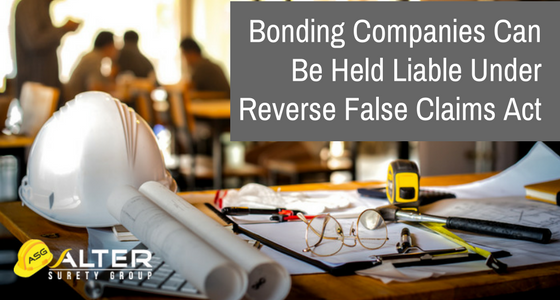What defines the completion of a contract for the purposes of legal action?
Effective July 1, contractors have a better idea of when a contract is finished due to a recent change to Florida law. In June of this year, Governor Scott signed House Bill 377, which amended the statute that deals with limits for filing lawsuits related to defects in design or construction on real estate improvements. For actual flaws in design or construction, the statute of limitations is four years. For latent defects — those that are not immediately discoverable — the statute of repose is 10 years.



